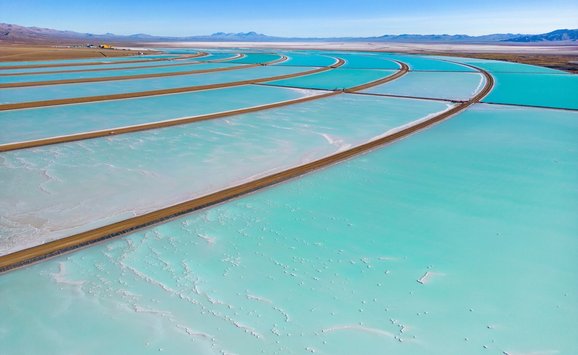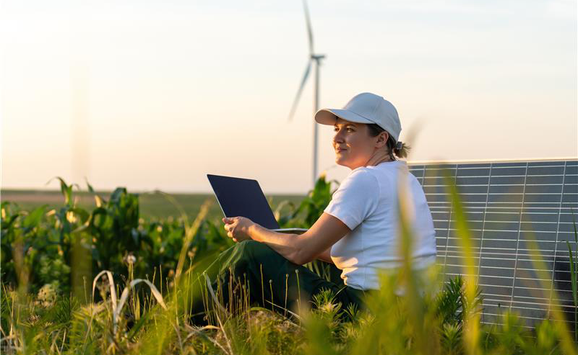In our Supporter Spotlight magazine feature, we hear directly from donors about their commitment to issues in climate, energy, and the environment; how they make a difference; and why they support Resources for the Future (RFF)—all in their own words.
Resources magazine recently spoke with Elaine Dorward-King, a longtime environmental strategist in the mining, chemical, and engineering sectors and a member of the RFF Board of Directors. Below are excerpts from the conversation, which touched on her passion for sustainable development, the importance of partnerships in facing the climate challenge, and more.
Resources magazine: What sparked your interest in addressing environmental and energy issues?
Ever since I decided what I was going to do with my life, my driving motivation has been environmental conservation. Throughout my corporate career, I’ve focused on how we can protect and restore the environment while achieving business objectives. More broadly, nowadays, my driving motivation is to help make sure that we're doing the right thing for people and society by helping businesses and others apply a sustainability lens to decisions.
How did you first get introduced to RFF?
Since the early 1980s, I’ve been very involved with the Society of Environmental Toxicology and Chemistry (SETAC). Its premise is that we have to solve environmental problems through multidisciplinary, multisectoral engagement, rather than government, business, or academia developing solutions in isolation or using only one scientific approach.
In 1993, SETAC co-sponsored a workshop on sustainable environmental management, and Paul Portney [at that point RFF’s vice president, and later RFF’s president and CEO] happened to be there. He and I hit it off, in part because RFF also is multidisciplinary and focuses on the wide use of resources.
Our country currently is facing many pressing issues—the COVID-19 pandemic and our national reckoning on racial justice, not to mention climate change. Where does RFF fit into the current moment?
Whether local or global, problems can’t be solved adequately if we come at them from a technical or sociological point of view without taking into account economic factors. It's a tenet of sustainability that all these parameters are crucial: economic, environmental, and social. RFF brings the economic analysis to partnerships—and often the best outcomes are achieved in partnership.
We know that every year we delay taking action on climate change means it will cost the next generation even more to fix the issue and mitigate the impacts. If you're only thinking about the immediate consequences and costs, rather than the long-term impacts and the cost of not taking action, you won't be able to reach the best decisions.
How would you describe the role of the corporate community in this work?
If you're trying to influence policy in the social or environmental arena, you can't talk to just government folks; you must be able to influence industry thought leaders and decisionmakers who are managing the material risks that affect their business. RFF needs to continue making the case to companies that they benefit from objective analysis of the challenges they face and that they shouldn’t fear fact-based results.
What do you think RFF’s greatest impact has been over the time you’ve supported the organization?
A very important contribution I’ve noted has been RFF’s ability to engage with not just the federal government, but also state governments, which are able to accomplish things despite, at times, a lack of federal action. People who are trying to collaborate on these issues have access through RFF to information they can trust and use. I think that examining trade-offs and providing understandable analysis of what the choices are and what the effects of those choices are—from electricity use to carbon dioxide emissions—has had a real impact.
What continues to keep you engaged?
RFF has stayed true to its mission of providing nonpartisan, data-based analysis and presenting its findings to a range of stakeholders that either need the analysis or can use the information to make policy. I think that's hugely important—in this day and age more than ever—and I want to support that.

Four ways you can support RFF
- Give on our website: Visit www.rff.org/donate to make a one-time donation with your credit card, or to set up a monthly recurring donation.
- Give by mail: Send your check to Resources for the Future | 1616 P Street NW, Suite 600 | Washington, DC 20036
- Give through a donor-advised fund: Donate through a DAF account at a community foundation or financial institution to support RFF while receiving favorable tax benefits.
- Give through a will, trust, or gift plan: Include RFF in your estate plans to provide meaningful, long-lasting support.
Find out about other ways to give at www.rff.org/donate/ways-giving.








